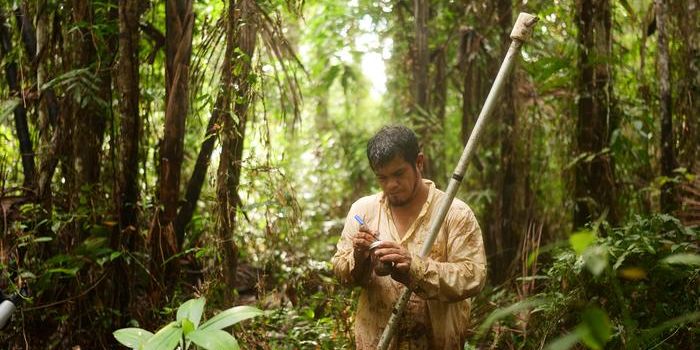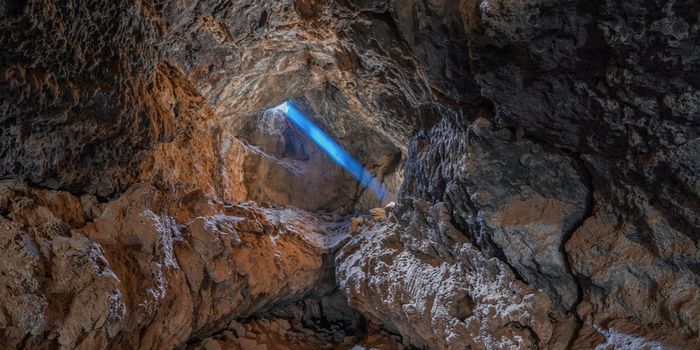Conservationists Tag Amazon River Dolphins for the First Time
GPS-enabled tracking devices are one of the most popular ways for animal conservationists to keep tabs on wild animal populations, and the World Wildlife Fund (WWF) recently collaborated with its partners to deploy these devices on 11 Amazon-based river dolphins.
Image Credit: Clovis Fabiano / WWF-Brazil
Considered “threatened” by the International Union for the Conservation of Nature (IUCN), these river dolphins reside throughout Bolivia, Brazil, and Columbia. While they can be tough to spot by the naked eye, these satellite-based tracking technologies will enable researchers to view the creatures on a map in real time.
Researchers resort to small and non-invasive geotags to improve their understanding of wild animals’ behavioral and migratory patterns, and the same holds true for these river dolphins. On the other hand, experts also wish to identify which issues threaten their existence.
“Satellite tracking will help us better understand the lives of this iconic Amazonian species more than ever before, helping to transform our approach to protecting them and the entire ecosystem,” noted WWF conservation specialist Marcelo Oliveira.
“Tagging these dolphins is the start of a new era for our work because we will finally be able to map where they go when they disappear from sight.”
Related: Poachers could potentially hijack animal tracking equipment and use it for malicious purposes
After deploying the tags, the researchers collected biological samples for analysis that might hold clues about the animals’ health. Comparisons to future samples will enable the researchers to monitor health fluctuations over time.
Given how little we know about Amazon-based river dolphins today, these tracking devices should bring us one step closer to answering many of the questions we still have about them. More importantly, it could help conservationists discover new ways to mitigate threats and enable the species to thrive in an increasingly challenging environment.
"We who live in the Amazon know that our environment is facing growing and unprecedented threats and that our future is linked to the future of dolphins,” said Fernando Trujillo from Fundación Omacha, a Colombian research partner.
“This tagging project is critical because it will generate information that will enable governments across the region to target resources to protect dolphins and their habitats, which so many other species and communities also depend on."
Related: Can dogs' noses help us with ongoing conservation efforts?
It's too early to tell as of now, but if the WWF feels like the data helps the cause, they could return to the site to tag additional dolphins and expand their limited database. It should be interesting to see how this all pans out in the end.
Source: WWF









